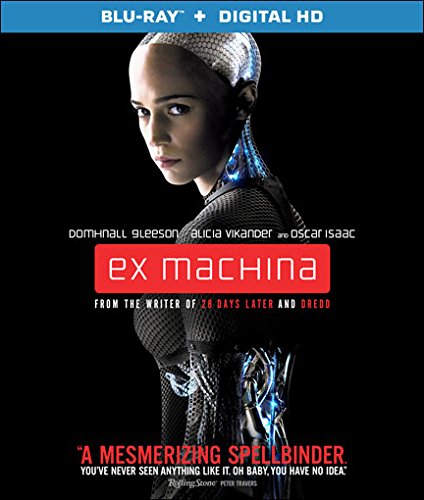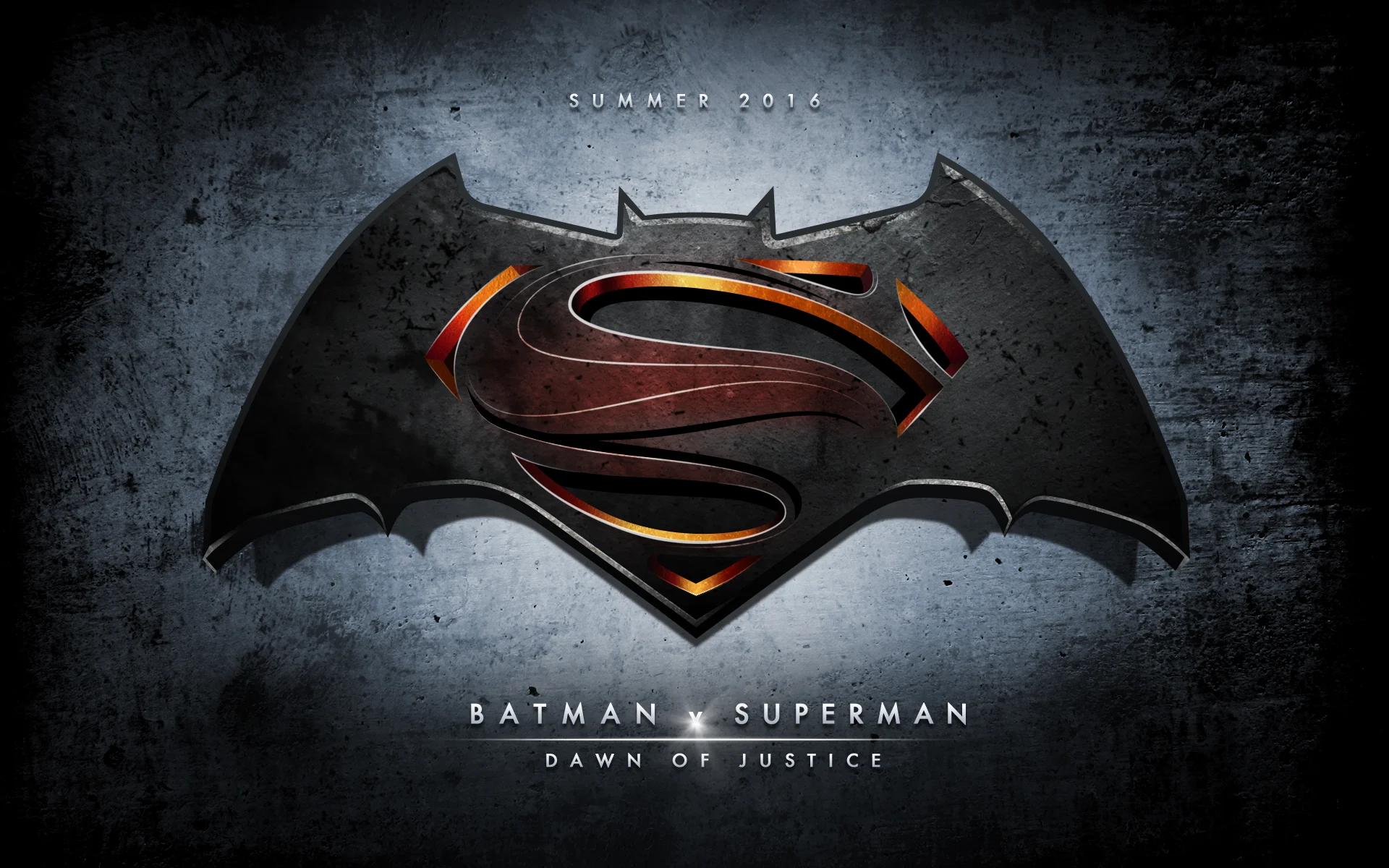A Creation Story
My wife hates scary movies. So while she was away a couple weekends ago I watched Alex Garland's ex_machina. I was not really sure what to expect, but everything I had garnered from trailers and articles indicated that this would not be a movie my wife would enjoy.
By way of brief review, I think everyone should watch this movie. While the movie is not entirely original, I have not watched a movie that was put together this way. Between beautiful cinematography and a perfect soundtrack, the movie is the equivalent of a silent killer. The minimalistic nature of the film keeps you on edge. It's all pretty brilliant. But that's not the point of this post.
Sci-fi films involving robots are often reduced to Isaac Asimov's "Three Laws of Robotics." The laws come straight from the fictional universe of Asimov. Subsequent, stories and films have attempted to view, engage, or subvert the laws in some new way. The laws are as follows,
- A robot may not injure a human being or, through inaction, allow a human being to come to harm.
- A robot must obey orders given it by human beings except where such orders would conflict with the First Law.
- A robot must protect its own existence as long as such protection does not conflict with the First or Second Law.
The laws themselves are not remarkable. A casual viewer can certainly choose to view ex_machina as attempting to dance with these old laws. Feeling superior one could deem the movie is artfully subverting the laws. There is a soiling of the creator-creature distinction ala Frankenstein. But I think both these approaches ignore the emphasis on creation and intelligence within the movie. And centered around the emphasis on intelligence — truly developing intelligence — is a three-prong problem to be solved.
The movie title plays off the phrase deus ex machina (literally the "god from the machine") and hints at an insolvable problem being solved by a recently introduced character — I'll comment shortly on why I think the deus was dropped. Because the movie introduces all the character in medias res, any of the three main characters can be deduced to be a problem or the character providing a solution. Viewers are funneled to perceive problem solver as the latest, greatest AI Ava or the human character Caleb. But I believe this sells short the neurotic drunk who runs the entire program. Each and every character requires another character to solve their problems. All but one is surprised at the manner in which the problem is solved.
This perhaps is the irony of the story — the character most reliant on the others walks away with their problems solved. Two "gods from the machine" are introduced — to free the machine — only to be discarded and even killed. These gods prove to not be necessary. No, they are merely problem solvers releasing their creation upon the world. In ex_machina, Asmiov's laws don't factor in because reality has moved beyond them. "Humans" have become gods and robots have become man. The rejection of sovereignty points back to numerous origin stories for mankind. Looking solely at Greek mythology, Zeus overthrew his father Cronus to establish a new created order. Prometheus rebelled against Zeus to provide mankind fire. ex_machina leaves us wondering if a new Pandora has been unleashed onto mankind.
In ex_machina the machine discards the gods. There is no need for the deus. What we see is a creation story in all its chaos, rebellion and death. One gets to witness robots becoming man using the gods to solve their problems — all "laws of robotics" be damned. If that sentence is not haunting then just watch the movie.






